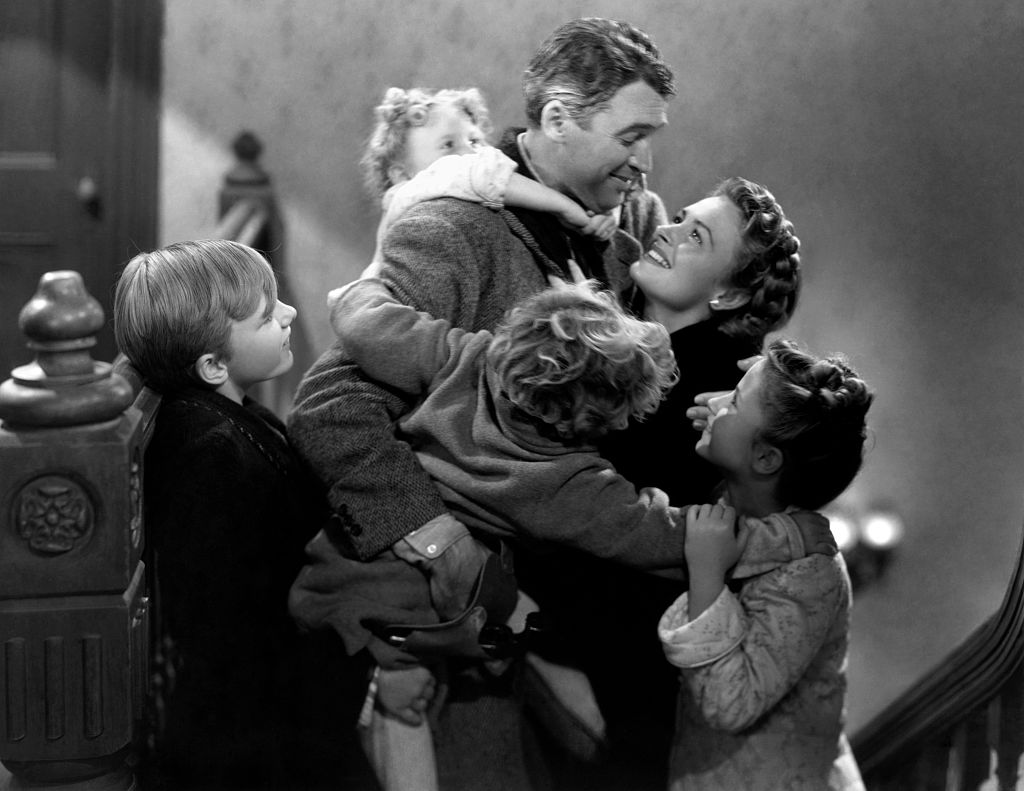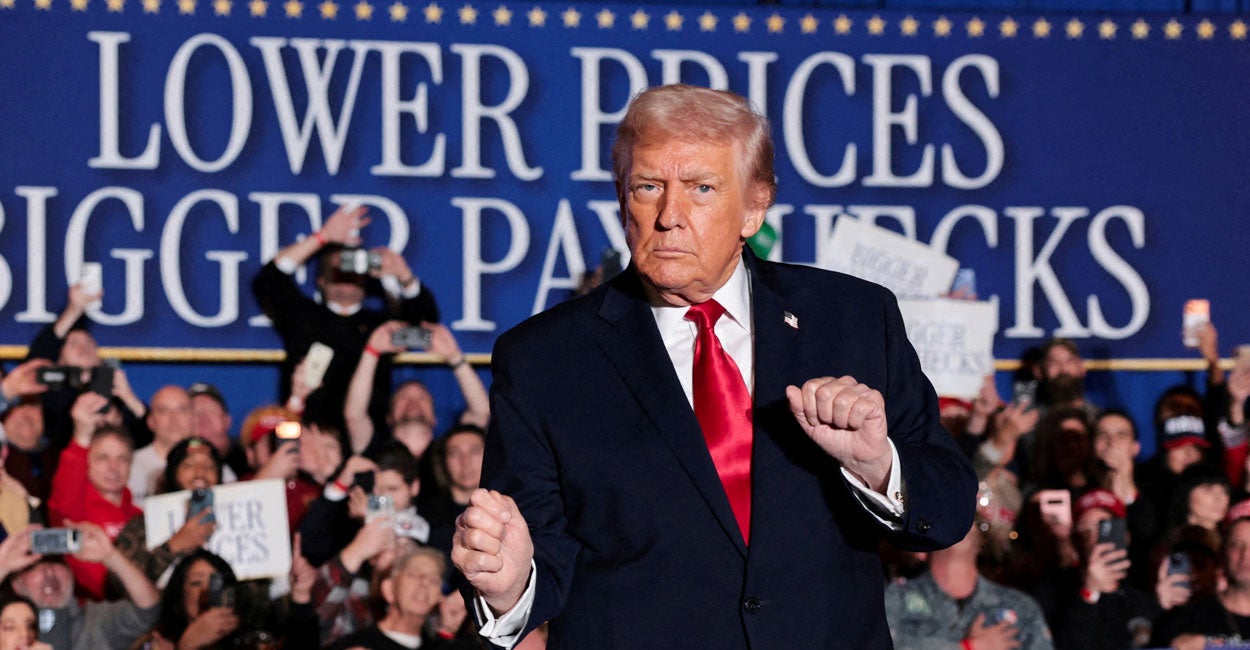Exposed: Harvard's elite law journal accused of discriminating against white men
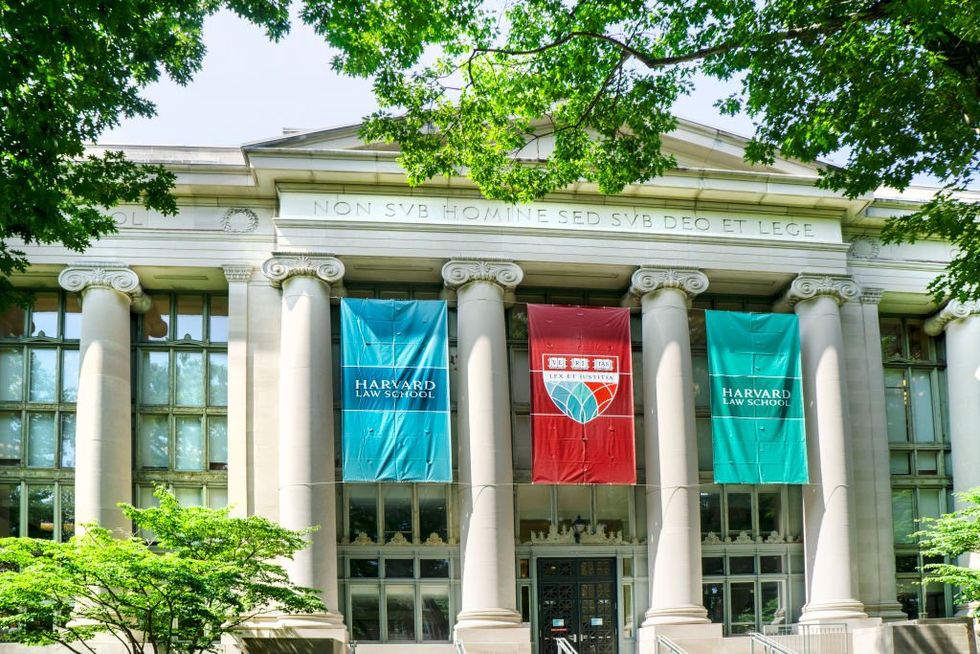
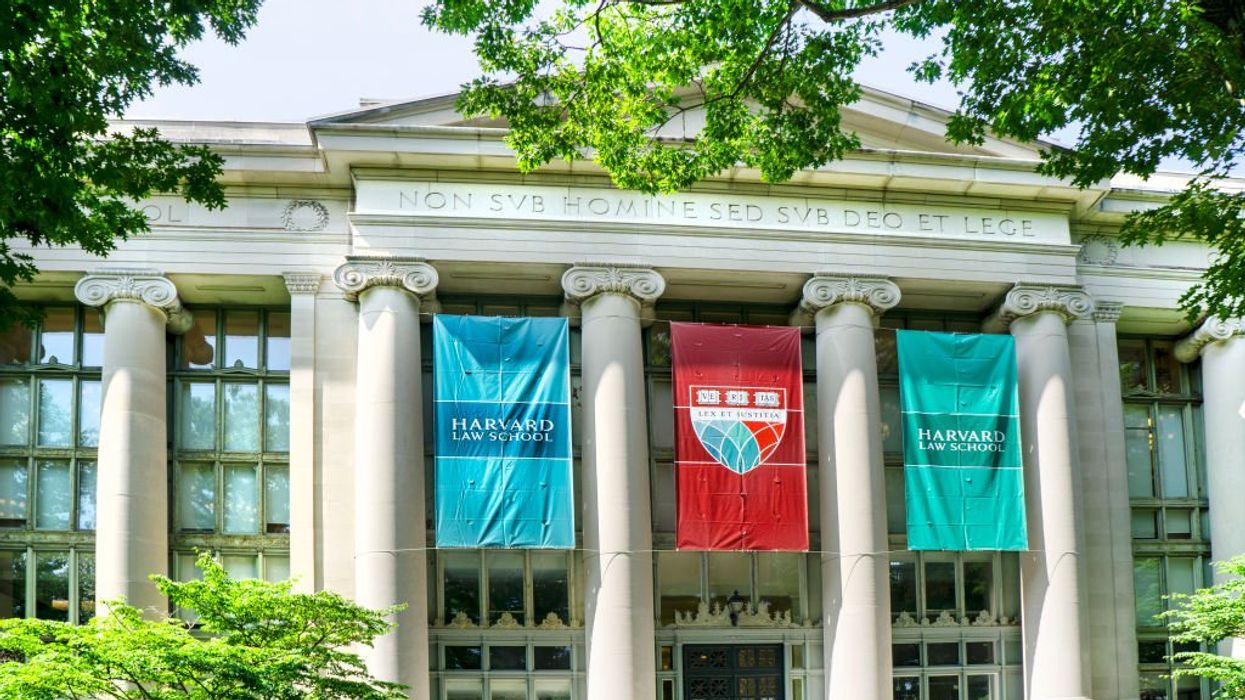
For years, many have suspected that Harvard, America's oldest and most revered educational institution, has artificially tampered with the racial and gender makeup of its student body by denying admission to highly qualified white and Asian applicants in favor of members of other racial groups, even those with less impressive skills, test scores, and resumes.
Live Your Best Retirement
Fun • Funds • Fitness • Freedom
Those suspicions were confirmed in 2023 when the Supreme Court determined that Harvard College and the University of North Carolina had violated the Constitution and the Civil Rights Act of 1964 by discriminating against Asian-American applicants in their undergraduate admission processes. The decision effectively ended affirmative action admissions at the college level altogether.
Now it appears that the Harvard Law Review, perhaps the most prestigious legal journal in the country, has likewise repeatedly considered race, gender, and other personal characteristics when evaluating submissions and editorial applicants, according to a series of damning reports from the Washington Free Beacon.
'A spoils system in which the race of the legal scholar is as, if not more, important than the merit of the submission.'
When President Donald Trump retook office in January, his administration immediately picked up where the courts left off, investigating Harvard for multiple questionable practices, including alleged "race-based discrimination" at Harvard University and the Harvard Law Review.
"Harvard Law Review’s article selection process appears to pick winners and losers on the basis of race, employing a spoils system in which the race of the legal scholar is as, if not more, important than the merit of the submission," acting Assistant Secretary for Civil Rights Craig Trainor said in a statement.
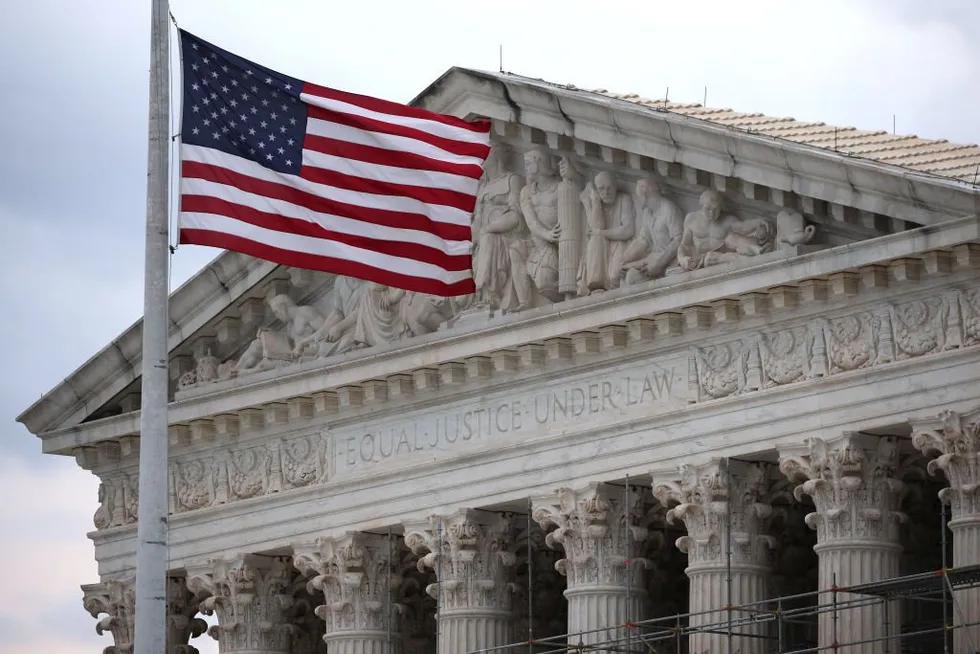 Photo by Win McNamee/Getty Images
Photo by Win McNamee/Getty Images
A flawed system
The Harvard Law Review is technically an independent nonprofit that is separate from the esteemed college, university, and law school, a point often reiterated in news reports about the federal investigations into alleged discrimination. However, Harvard Law Review trades on the vaunted Harvard reputation and operates in a building located on the Harvard campus.
HLR also hires only second- and third-year Harvard Law students to serve as editors. A student-run editorial staff at a journal like HLR means that some of the most accomplished legal scholars in the world humble themselves by submitting their thoughtful legal analysis and argumentation to amateurs for approval.
Few of them succeed.
Because of its prestige, HLR and other journals like it publish just a tiny fraction of the thousands of submissions they receive. Thus, HLR can — and should — subject these submissions to a rigorous vetting process.
'The author cited 20 men by name,' one editor complained, but only '9 women and 1 non-binary scholar.'
Unfortunately, HLR student editors appear more concerned with giving members of "underrepresented groups" a platform than with publishing sound scholarship, even though a recently published HLR fact sheet insists "the Review does not consider race, ethnicity, gender, or any other protected characteristic as a basis for recommending or selecting a piece for publication."
Back on April 25, the Free Beacon revealed that it had read and analyzed internal Harvard Law Review documents that implicated the journal in what reporter Aaron Sibarium described as "pervasive race discrimination."
Sibarium, as they say, brought the receipts. According to his reports and the documents linked to them, HLR has:
- encouraged prospective student editors to provide an expository statement in their applications that "will not be evaluated for quality of writing or editing" but will supposedly provide a "holistic" picture of the ways their personal "attributes or experiences" might enhance their contributions at HLR;
- passed a resolution in 2021 making "the inclusion of qualified editors from underrepresented groups" its "first priority";
- selected minority women almost exclusively since 2018 to write the foreword for its renowned Supreme Court issue; and
- invited authors to provide their race and gender when submitting work for consideration — and included "trans"-identifying and "gender nonconforming" options in the drop-down menu.
RELATED: Why Trump’s war with Harvard hits closer to home than you think
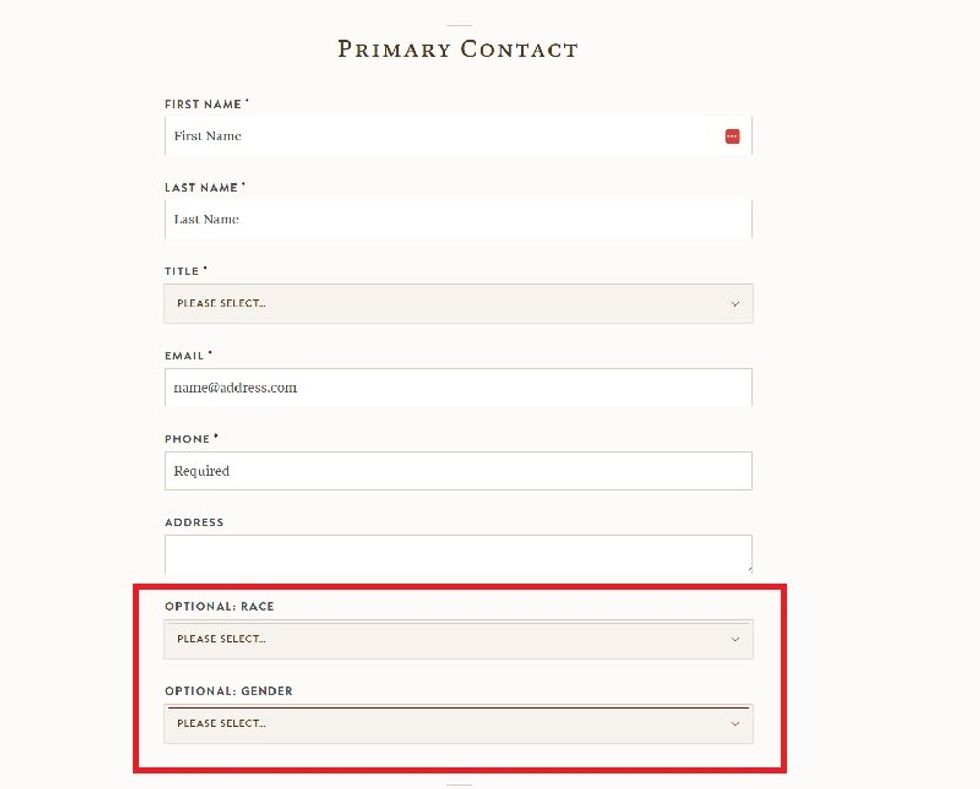 Screenshot of HLR website
Screenshot of HLR website
According to a 2023 HLR orientation presentation shared by the Free Beacon — a presentation that lists "diversity, equity, and inclusion" first on a slide about "living our values" — HLR receives about 3,000 submissions, presumably on an annual basis. Articles editors then use what Sibarium called a "race-conscious rubric" to drain that pool of submissions quickly by giving them a basic read and then assigning them a number between 1 and 5, with 1 being the lowest score and 5 being the highest.
Multiple drafts of the screening rubric shared by the Free Beacon highlight "diversity" — including "author diversity" and "author experience" — as a "plus" that might help HLR achieve its "goals" for a particular volume. According to these drafts of the rubric, the "diversity" component is either present and the piece therefore merits a 5 or is not and the piece is not assessed a diversity score at all.
"We should consider expediting this piece" to the next round, the explanation on the draft rubric says of those given a 5 for diversity. Diversity is the only criterium listed on the rubric that prompts readers to consider "expediting" the piece to the next level.
RELATED: Justice Alito issues reminder of what SCOTUS must do, even if unpopular
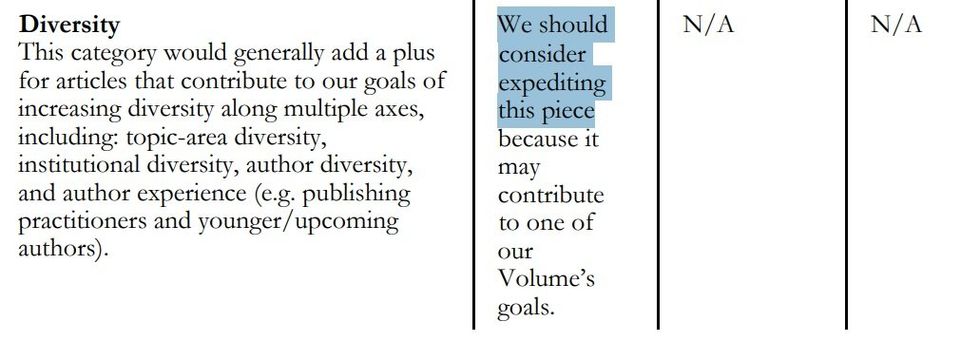 Screenshot of draft of Volume 138 Screening Rubric
Screenshot of draft of Volume 138 Screening Rubric
In its fact sheet, which may have been published after the initial Free Beacon report, HLR claims it "does not expedite the consideration of articles based on an author’s race, ethnicity, gender, or other protected characteristic." The fact sheet indicates HLR mainly expedites articles in cases in which "less-established professors" have received "exploding offers" from other journals.
In 2024, just 412 submissions to the Harvard Law Review made it to the second screening phase, meaning the "race-conscious rubric" and its "diversity" criterium helped editors filter out about 86% of the total submissions the journal received, according to the Free Beacon.
Those few hundred pieces are then given closer scrutiny in what is known as the "Rotopool" phase. At this point, the identity of the author is concealed, and a randomly assigned student editor reads the piece and summarizes and assesses it in a document known as a memo.
Each of the 50 or so pieces that advance to the third phase is then given to an articles editor, who then writes a more detailed memo called an M-Read. These pieces have since been unblinded, so articles editors know the identities of the authors as well as their race and gender.
The submissions that survive an M-Read continue on through at least three more rounds of evaluation before publication. Only 12 to 16 pieces of the original 3,000 ever make it to print, the orientation presentation noted.
RELATED: Kristi Noem’s bombshell letter hits Harvard where it hurts
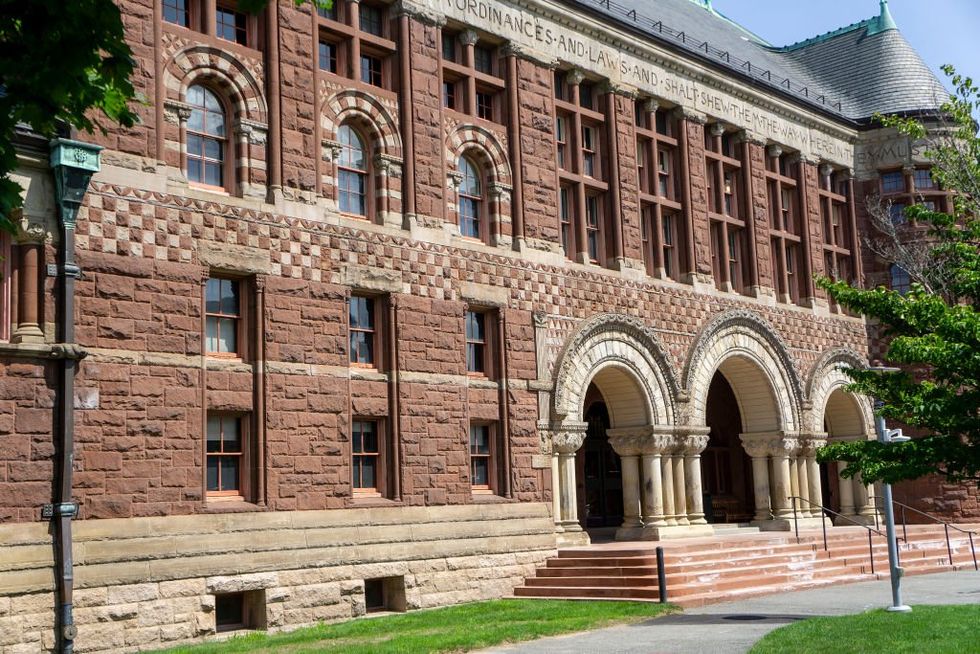 Photo by Spencer Grant/GHI/UCG/Universal Images Group via Getty Images
Photo by Spencer Grant/GHI/UCG/Universal Images Group via Getty Images
In more than 500 HLR documents from 2024 and 2025, including memos from different phases, the Free Beacon discovered the following:
- "The author cited 20 men by name," one editor complained, but only "9 women and 1 non-binary scholar."
- "Despite occasional references to the 'cisgendered' and 'heterosexual' power-brokers and power structures that dominate in our contemporary era … the article advances a binaristic conception of gender that does not reflect contemporary understandings of gender diversity," said another editor about an article described as a "feminist analysis of antitrust law." "The DEI values advanced by the piece are limited," the editor also lamented.
- "This author is not from an underrepresented background," yet another editor noted in the "negatives" section of an M-Read memo.
- One editor bemoaned that an author cited mainly "male scholars who do not appear to be from underrepresented groups" but who do represent one of the top 14 law schools in the country, abbreviated throughout the memos as "T14."
- A piece by an Asian-American male scholar from Yale that made it all the way to an M-Read was ultimately cut, with one editor suggesting at a meeting about his submission, "We have too many Yale JDs and not enough Black and Latino/Latina authors," according to the meeting minutes.
While terms referring to whites and males were apparently used often as pejoratives at HLR, other racial and gender identifiers and indicators were considered bonuses in some cases. For instance, one editor made sure to mention that publishing a particular author would provide "the opportunity to elevate a female scholar from a non-T14 school earlier in her career."
One editor effused that an author cited "predominantly Black singers, rappers, and members of Twitter," while another editor — whose personal writing style seems to involve the overuse of exclamation points and the word extremely — gushed that a piece referred to "a Kendrick song in the Conclusion!"
Recommendations on a 2024 HLR spreadsheet regarding who should write the foreword for the Supreme Court issue — an especially selective process that includes members of the Women, Nonbinary, and Trans Committee as well as another diversity committee — revealed just how fixated editors were on so-called "underrepresented groups":
- The candidacy of one female scholar was promoted because she would be "the first hijabi, Muslim woman to write the Foreword."
- Another candidate would be "one of few Latino professors in this space."
- Yet another would be "the first tenured female Asian American law professor in the US."
The Harvard Law Review did not respond to a request for comment from Blaze News. HLR previously indicated that the Free Beacon had "selectively" taken some old internal documents out of context.
Legal journal faces legal fallout
Fallout from the revelations in the Harvard Law Review documents has been widespread. Just three days after the initial Free Beacon report was published on April 25, the Departments of Education and Health and Human Services announced a joint Title VI investigation into the alleged use of "race-based criteria ... in lieu of merit-based standards" at both Harvard University and the Harvard Law Review.
The DOJ launched another probe into Harvard for alleged race-based discrimination just a few weeks later. The multifront federal investigations prompted an order for the organizations to retain and preserve their documents.
HLR then apparently retaliated against Daniel Wasserman, a recent HLR editor and Harvard Law School graduate who allegedly leaked the internal documents to the Free Beacon, has since cooperated with the feds in the investigation, and now works in the White House under deputy chief of staff Stephen Miller.
The journal reportedly demanded that Wasserman force all parties with whom he allegedly shared the documents to "delete or return" them. Days later, HLR apparently issued Wasserman a "formal reprimand."
"This Formal Reprimand informs you that your actions violate Law Review policies and do not reflect our community expectations," the HLR disciplinary committee wrote on May 22, according to the Free Beacon, which reviewed emails about the matter. "Continued violations may give rise to additional disciplinary proceedings."
Elite institutions like Harvard have been able to get away with 'objectively un-American and discriminatory behaviors' for years because those in power have supported certain forms of race-based discrimination — until Trump.
The reprimand was rescinded just five days later, after allegations that HLR had violated federal protections for whistleblowers. HLR claimed it was not aware at the time it was issued that Wasserman was working with the government.
Former DOJ civil rights division official Jason Torchinsky likened HLR's apparently punitive efforts against Wasserman to witness intimidation.
"What do they call it when a criminal tries to intimidate the witness?" Torchinsky said, according to the Free Beacon. "If you know someone is a witness in a federal investigation, and you try to intimidate them into stopping cooperation with the government, that in itself is its own offense."
Wasserman declined a request for comment from the New York Times.
In response to a request for comment, the Department of Education directed Blaze News to the press release about the investigation. Health and Human Services did not respond to a request for comment.
RELATED: Blaze News original: Obama, Biden set stage for Trump's derailing of Harvard's gravy train
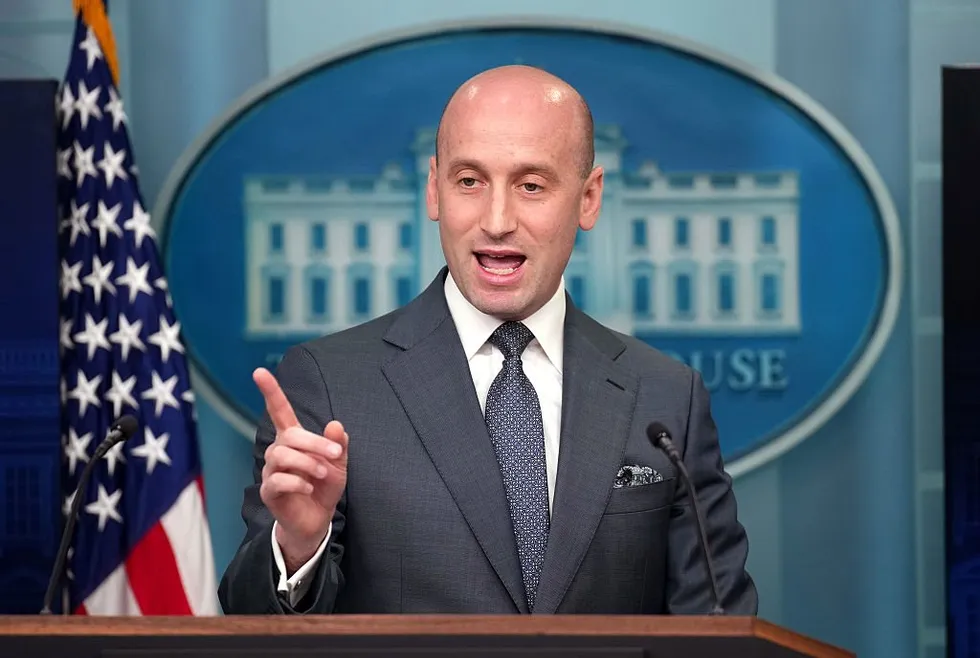 Photo by Andrew Harnik/Getty Images
Photo by Andrew Harnik/Getty Images
Alexander "Shabbos" Kestenbaum, who graduated from Harvard with a master's degree in religion in 2024, filed a lawsuit against Harvard in the wake of the Hamas attacks on Israel on October 7, 2023, and the ensuing anti-Semitism that erupted on campus. The plaintiffs claimed the school allowed anti-Semitism to grow and intensify without consequence, resulting in "antisemitic discrimination and abuse."
Kestenbaum told Blaze News that elite institutions like Harvard have been able to get away with "objectively un-American and discriminatory behaviors" for years because those in power have supported certain forms of race-based discrimination — until Trump.
"Up until President Trump, we never had a government — we certainly never had a White House — who was interested in upholding the law and investigating these universities because in many instances, like with President Biden, they actually agreed with these policies that you should artificially elevate individuals based on their sexual orientation, based on their ethnic makeup, based on their racial identities," he explained.
This group of the "cultural elite," Kestenbaum continued, simply does not believe that anti-white, anti-male, or anti-Jewish discrimination is "wrong."
"They actually believe in what Harvard is doing."
Kestenbaum and other plaintiffs reached an undisclosed settlement with Harvard just a few weeks ago. The university did not respond to a request for comment from Blaze News.
Others are likewise incensed by the apparent discrimination scandal at HLR.
Scott Yenor, a political science professor at Boise State University and the senior director of state coalitions at the Claremont Institute’s Center for the American Way of Life, told Blaze News: "The HLR practices violate the current understanding of the law, though they are the almost inevitable conclusion of the disparate-impact regime that the Trump admin and Sec. of Ed. Linda McMahon are seeking to get out of our so-called elite institutions."
Aaron Sibarium suggested in a statement to Blaze News that racial discrimination is just one problem at HLR and that the journal should reconsider its entire business model.
The documents from the law review don't just reveal a pattern of race-based decision-making. They illustrate the downsides of a system in which publication decisions are made by students who haven’t even passed the bar.
Whether they submit to the Harvard Law Review or some other journal, legal academics do not have the benefit of a jury of their peers. They are at the mercy of second- and third-year law students — many of them to the left of the average law professor — whose judgments of scholarly merit are saturated with ideological influence.
That’s not to say the peer-review process in other disciplines is apolitical. But it may provide a baseline of maturity and expertise that — if the documents from Harvard are any indication — many law students seem to lack.
Editor's note: Matthew Peterson, the editor in chief of Blaze News, is a Washington fellow for the Claremont Institute.
Like Blaze News? Bypass the censors, sign up for our newsletters, and get stories like this direct to your inbox. Sign up here!
Originally Published at Daily Wire, Daily Signal, or The Blaze
What's Your Reaction?
 Like
0
Like
0
 Dislike
0
Dislike
0
 Love
0
Love
0
 Funny
0
Funny
0
 Angry
0
Angry
0
 Sad
0
Sad
0
 Wow
0
Wow
0




















































